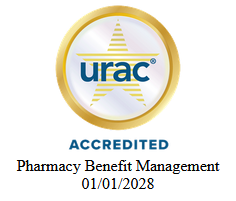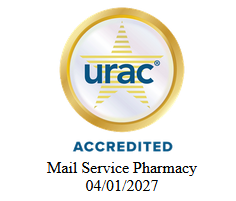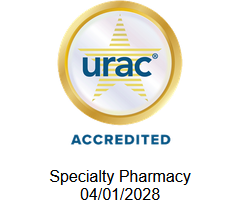ProCare HospiceCare’s Quality Assurance and Improvement Process (QAPI) is multi-dimensional. Our internal process allows us to monitor the hospice use of opioids and other target medications comprising the pain and symptom management algorithms on a monthly and quarterly basis. This information is reported to the hospice as part of the QAPI reporting. If medications are routinely being utilized that are not included in the algorithms, they are easily identified and addressed.
Other very important QAPI reports included in the monthly and quarterly monitoring include the Antibiotic Stewardship Report and the Anti-Coagulation Monitoring Report. Both reports are deemed integral to the QAPI program of every hospice.
Additionally, the ProCare HospiceCare On-Demand Clinical Pharmacy Services program allows our pharmacists to capture patient-specific information regarding symptom management issues when it is managing the drug profile component of Medicare CoPs.
Daily clinical pharmacy operations have a component whereby we capture outlier pharmacotherapy information in an electronic database for advanced review of alternative therapy recommendations. From the advanced review, a template for making recommendations on a client-by-client custom basis is drafted for comparing outcomes against peer best practice outcomes, measured by both efficacy and cost utilization returns and benefits.
We have an internal pharmacist peer review quality improvement program that allows us to monitor the quality of our On-Demand Clinical Pharmacy Services. In addition, we have an internal mechanism for review of service failures at all levels.
Service failures are logged daily into an electronic database and then segregated as either pharmacy practice or operational. From there, case examples are discussed in each forum. This is a continuous improvement process that also measures and categorizes the severity and the consequence(s) of each failure, and procedural corrections and/or protocols are instituted in order to stem re-occurrence.





